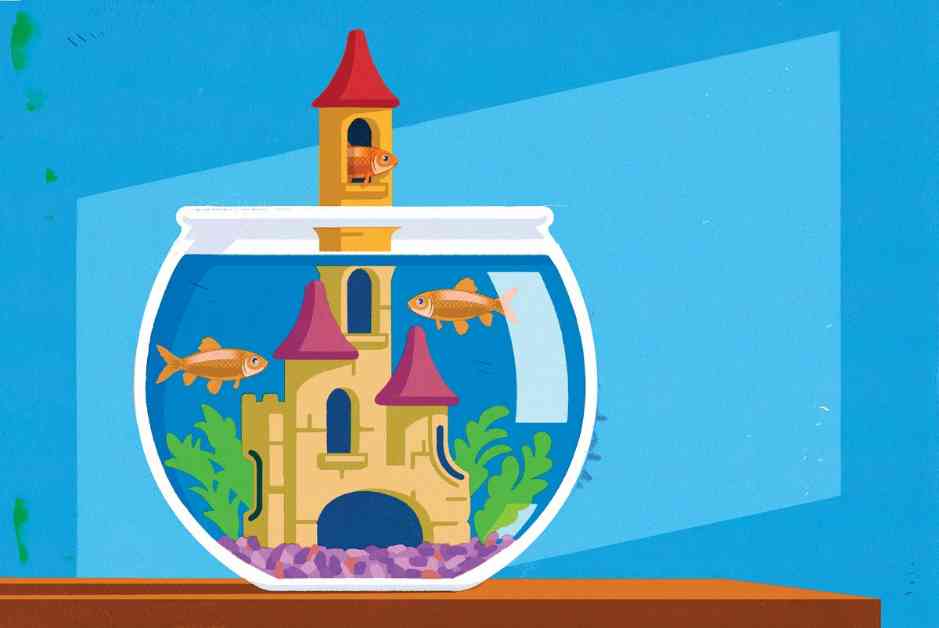The world is full of things to learn, but where do we start and how do we choose what to pay attention to? What motivates us to seek new knowledge? The desire to learn is driven by a preference for novelty, as we tend to seek out new information and experiences. This desire for new knowledge is also fueled by a need to reduce uncertainty, as information can bring various rewards such as food, safety, and relationships. However, scientists now believe that these drives combine into a more complex urge that is critical to learning, especially when there is no immediate payoff – this urge is curiosity.
Curiosity plays a crucial role in guiding the acquisition of knowledge. When we are curious, we track how well we are learning and our learning progress. Learning becomes easier and more enjoyable when curiosity is high. Curiosity leads to exploration in ways that promote survival, as gathering information allows us to build accurate mental models of the world.
Researchers are delving into the brain processes that underlie curiosity, identifying how the brain responds to novelty, copes with uncertainty, triggers reward networks, and solidifies memory. Curiosity is not just a trait possessed by scholars and artists, but a variable state that each of us is capable of. Scientists are exploring what sparks and sustains curiosity, as well as its cognitive and neural underpinnings.
Curiosity can sometimes be distressing, as people may go to great lengths to satisfy their urge for knowledge. However, more often than not, curiosity is a delightful experience. Studies show that we eagerly avoid spoilers to preserve the joy of discovering things for ourselves. The anticipation of an answer is what makes curiosity so rewarding, leading to increased activity in areas of the brain associated with feelings of reward.
Curiosity also primes memory circuits, helping us retain new information more effectively. Studies have shown that curiosity leads to better memory retention and enhances learning. Children exhibit powerful curiosity from a young age, showing a preference for highly informative stimuli and a strong attraction to novelty. As children grow, their approach to curiosity evolves, mirroring the developmental trajectories of learning.
Understanding how curiosity works can have profound implications for education, artificial intelligence, mental health, and even societal interactions. By leveraging the power of curiosity, educators can reach students more effectively, AI systems can be programmed to learn efficiently, and mental health disorders related to disrupted curiosity circuits can be better understood. As we continue to unravel the mysteries of curiosity, we gain insights into how this innate drive influences our learning, decision-making, and overall well-being.




